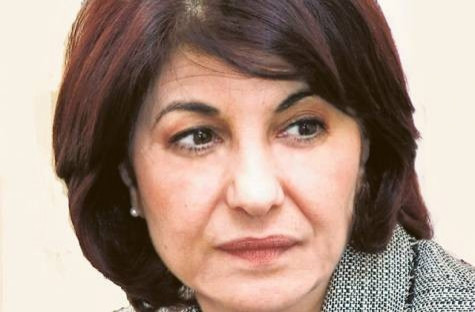Syria vows to enact reforms in the face of unyielding protests

In the face of an unprecedented wave of anti-government protests, Syria said it will consider a proposal to end emergency rule which has been in place for almost a half-century and also examine the possibility of allowing political parties, according to a presidential adviser.
I am happy to announce to you the decisions made today by the Arab Baath party under the auspices of President Bashar al-Assad ... which include ... studying the possibility of lifting the emergency law and licensing political parties, the president's media adviser Buthaina Shaaban told a news conference on Thursday.
Shaaban also indicated the government will seek other reforms, including an increase in workers salaries, health care reforms, and a relaxation of media control and establish a new system to fight corruption.
The development comes after a series of protests in the southern city of Deraa have left dozens of people dead and the Assad regime under pressure to act.
The government has also pledged to investigate the deaths of protesters and bring those guilty of the killings to justice.
Shaaban has denied that the government ordered its security forces to shoot protesters, but added that this did not mean mistakes had not been made.
We should not confuse the behavior of an individual, and the desire and determination of President… Assad to move Syria to more prosperity, she said at the news conference.
The spokeswoman also accused foreign media,. Including BBC and CNN, of exaggerating the government’s crackdown on protesters.
Rula Amin, a reporter for Al Jazeera in Damascus, said: [The government] announced a raise in salaries for all workers in the public sector and health insurance for them. Saying there will be a study to lift emergency law is a major step … as well as a new law for the media to increase transparency. But will this be enough? I think for some this is a good sign, others will want more measures to be undertaken immediately.
The state of emergency, which was first instituted in 1963, has govern the security forces extraordinary power and has kept Syria one of the most oppressive nations in the Middle East. Syrian security forces have long been accused of gross human rights abuses, including mass murder, torture and illegal detentions.
© Copyright IBTimes 2024. All rights reserved.





















